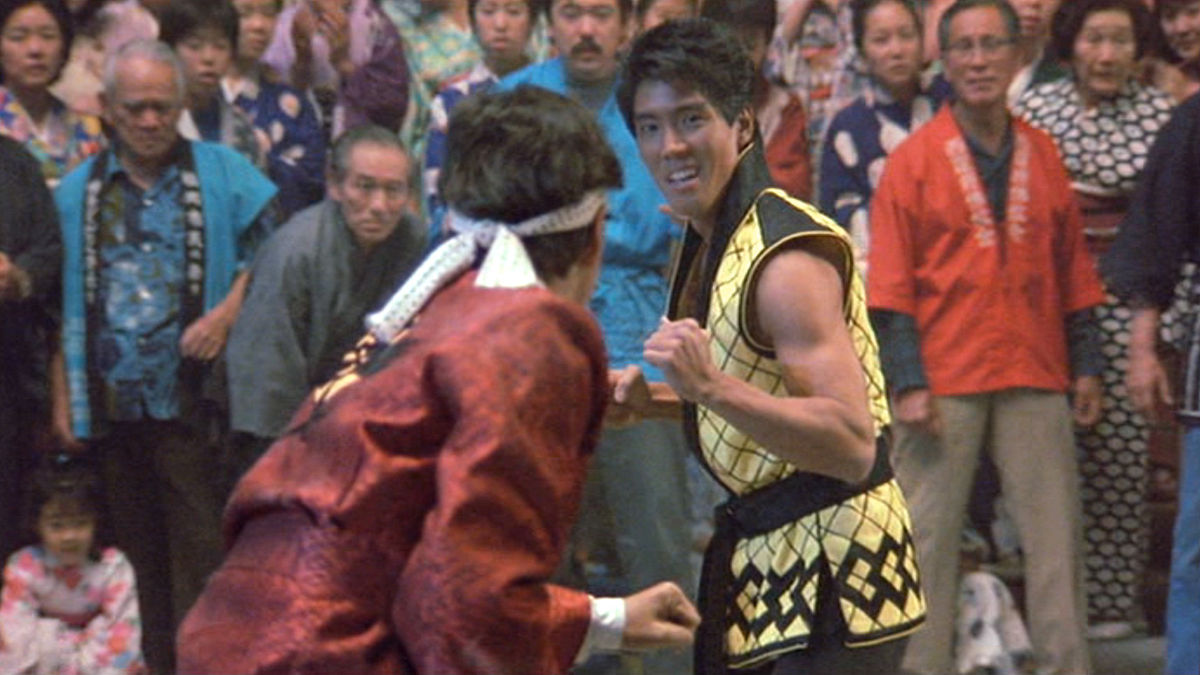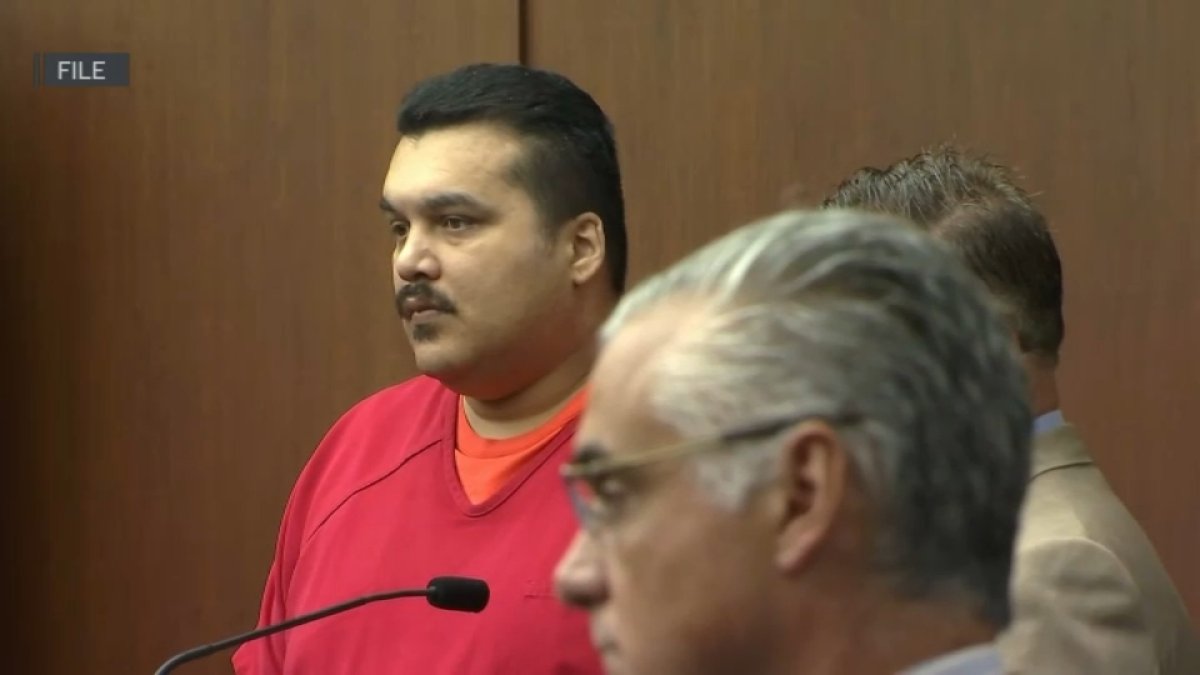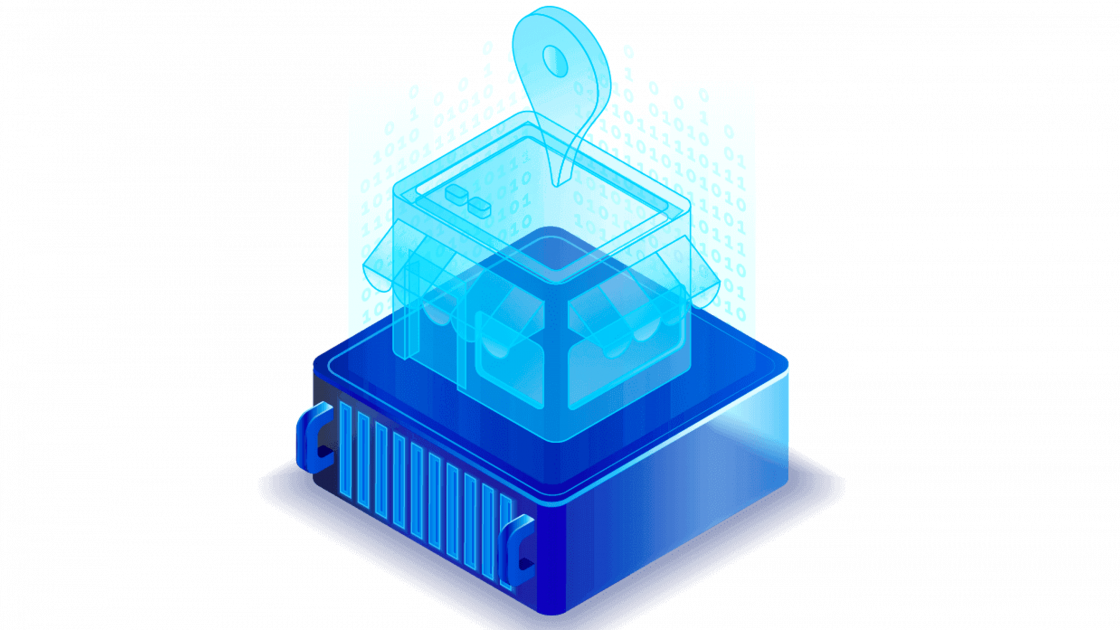Understanding The Karate Kid Part II: Themes And Character Development

Table of Contents
Exploring Cross-Cultural Understanding in The Karate Kid Part II
The Karate Kid Part II transcends the simple karate tournament narrative of its predecessor, venturing into the realm of cross-cultural understanding. The film's setting shifts from the familiar streets of California to the vibrant and culturally rich island of Okinawa, Japan.
Miyagi's Return to Okinawa and its Cultural Significance
Mr. Miyagi's return to his homeland provides a rich tapestry of Okinawan culture, traditions, and values. The film subtly yet effectively showcases elements deeply rooted in Okinawan heritage.
- Traditional Okinawan Tea Ceremony: The serene tea ceremony depicted highlights the importance of ritual and respect within Okinawan culture.
- Unique Karate Styles: The film introduces viewers to different styles of karate, showcasing the nuances and variations within the martial art beyond the Miyagi-do style.
- Strong Family Dynamics: The complex family relationships explored, including Miyagi's interactions with his father and other family members, highlight the importance of family in Okinawan society.
These elements offer a glimpse into a culture distinctly different from Daniel's, setting the stage for a powerful cross-cultural narrative. The emphasis on "Okinawan culture" and "traditional karate" within the film enriches the viewer experience and provides a deeper understanding of Mr. Miyagi's character.
Daniel's Adaptation to a New Culture
Daniel LaRusso's journey is not merely about learning new karate techniques; it's about navigating a completely unfamiliar culture. His experiences illustrate the challenges and triumphs inherent in cultural immersion and cross-cultural communication.
- Language Barrier: Daniel's struggles with the language barrier underscore the communication challenges faced when entering a new cultural environment.
- Cultural Misunderstandings: Several scenes highlight cultural misunderstandings and the importance of sensitivity and patience in cross-cultural interactions.
- Building Bridges: Despite initial difficulties, Daniel eventually forms genuine connections with Okinawan people, demonstrating the rewards of embracing cultural exchange.
Daniel's adaptation showcases the power of empathy and resilience in bridging cultural gaps, making his journey a significant aspect of The Karate Kid Part II's themes of "cultural exchange" and "cross-cultural communication."
Character Development: Daniel's Journey of Self-Discovery
Beyond the impressive karate skills, The Karate Kid Part II focuses on Daniel's personal growth, marking a significant "character arc" for the young protagonist.
Facing New Challenges and Opponents
Daniel's confrontation with Chozen Toguchi transcends a simple karate rivalry. Chozen represents a new kind of challenge, one that goes beyond physical strength. It tests Daniel's emotional resilience and forces him to confront the complexities of personal growth and "emotional maturity."
- Chozen's Ruthlessness: Chozen's aggressive and unforgiving nature pushes Daniel to his limits, forcing him to develop new strategies both physically and mentally.
- Cultural Differences as Obstacles: The cultural differences between Daniel and Chozen add another layer to their conflict, highlighting the potential for misunderstanding and conflict in cross-cultural interactions.
- Internal Conflict: Daniel's internal struggle with anger and the desire for revenge forces him to grapple with his own moral compass, leading to significant personal development.
These challenges shape Daniel's "personal growth," transforming him into a more mature and well-rounded individual.
The Evolution of Mr. Miyagi's Role
The Karate Kid Part II unveils a new dimension to Mr. Miyagi, moving beyond the stoic mentor persona. The film delves into "Mr. Miyagi's backstory," revealing his past and emotional vulnerabilities, adding depth to his relationship with Daniel.
- Past Traumas: The film reveals Miyagi's past traumas and experiences in Okinawa, providing context for his actions and decisions.
- Emotional Vulnerability: Miyagi's emotional vulnerability, particularly his grief and longing for his homeland, adds a layer of complexity to his character, humanizing him further.
- Strengthened Mentor-Student Bond: The shared experiences in Okinawa strengthen the already strong "mentor-student relationship" between Miyagi and Daniel, solidifying their bond.
This exploration of Mr. Miyagi's "emotional depth" creates a richer and more compelling character, enhancing the overall impact of the narrative.
Themes of Family, Honor, and Forgiveness in The Karate Kid Part II
The Karate Kid Part II intricately weaves themes of family, honor, and forgiveness into its narrative, enriching the overall message of the film.
Family Dynamics and Reconciliation
The film explores a range of family dynamics, emphasizing the importance of "family values" and the power of reconciliation.
- Miyagi's Family: The exploration of Miyagi's family relationships, particularly with his father, highlights the complexities of familial obligations and forgiveness.
- Daniel's Family: While less central, Daniel's relationship with his family provides a contrasting perspective on family dynamics and the importance of maintaining connection.
- Intergenerational Relationships: The interactions between different generations within both families underscore the significance of "intergenerational relationships" and the lessons learned across generations.
These relationships underscore the power of "forgiveness" and the importance of maintaining strong family ties.
The Importance of Honor and Respect
The themes of "honor and respect," both within and outside of karate, are central to the narrative of The Karate Kid Part II.
- Bushido Code: The film subtly incorporates elements of the Bushido code, highlighting the importance of honor, discipline, and self-control.
- Moral Code: The characters' choices and actions reflect their personal "moral code," demonstrating the consequences of upholding or violating these values.
- Respect for Elders: The respect shown towards elders reinforces the importance of respecting tradition and those who came before.
The film subtly yet powerfully showcases the importance of adhering to a strong "moral code" and the consequences of its violation.
Conclusion
The Karate Kid Part II offers a nuanced and complex exploration of cross-cultural understanding, character development, and enduring themes of family, honor, and forgiveness. The film's enduring appeal lies in its ability to transcend the simple karate tournament narrative, providing a deeper look into the hearts and minds of its characters. Daniel LaRusso's journey of self-discovery and Mr. Miyagi's emotional depth significantly enrich the "Karate Kid 2" narrative. The film's exploration of Okinawan culture provides a captivating backdrop to these personal journeys.
What are your thoughts on the character development in The Karate Kid Part II? Share your opinions in the comments below! Let's discuss the impact of Mr. Miyagi's mentorship on Daniel LaRusso and the lasting legacy of The Karate Kid Part II.

Featured Posts
-
 Eight Year Sentence For Driver In Fatal San Carlos Street Race
May 07, 2025
Eight Year Sentence For Driver In Fatal San Carlos Street Race
May 07, 2025 -
 Are The Minnesota Timberwolves The Nbas Dark Horse
May 07, 2025
Are The Minnesota Timberwolves The Nbas Dark Horse
May 07, 2025 -
 Technical Glitch Forces Blue Origin To Postpone Rocket Launch
May 07, 2025
Technical Glitch Forces Blue Origin To Postpone Rocket Launch
May 07, 2025 -
 Multiple Injured In Arizona Restaurant Shooting Police Investigating
May 07, 2025
Multiple Injured In Arizona Restaurant Shooting Police Investigating
May 07, 2025 -
 1 050 Price Hike At And T Challenges Broadcoms V Mware Acquisition Plan
May 07, 2025
1 050 Price Hike At And T Challenges Broadcoms V Mware Acquisition Plan
May 07, 2025
